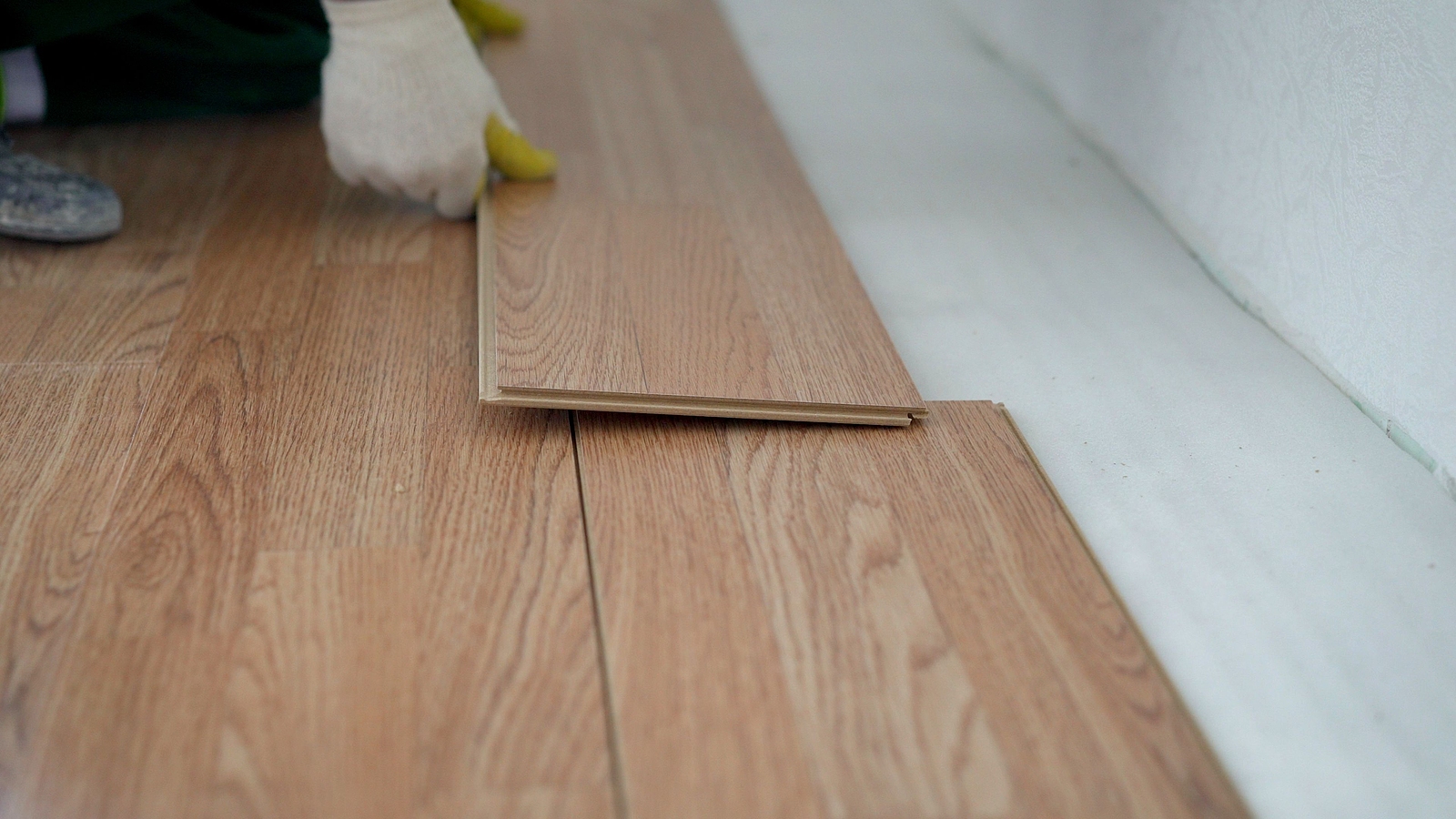Remember when carpeting, especially Berber carpets, was all the rage? Today it still has its fans, but it’s mostly considered “so 90s.”
In other words, carpet of any type, to many, makes a home feel outdated. But remember, like most things real estate-related, the location of the home may determine which flooring materials are most popular and, thus, may have a positive impact on its perceived value.
Consider the type of home and its location
In areas with substantial periods of hot weather such as Phoenix, AZ and Las Vegas, NV for instance, cool tile floors may be popular with homebuyers. Chilly Minnesota feet, however, may long for a plush carpet under them in the winter.
It’s easy to get excited when you read online “… that the average ROI (rate on investment) for installing hardwood floors is about 70 percent to 80 percent, and wood floors can boost the sales price of your home as much as 2.5 percent.” (familyhandyman.com)
Buyers looking at starter homes aren’t going to turn their noses up at brand-new laminate or luxury vinyl flooring because it’s not marble.
With the tables turned, however, high-end homebuyer expect something a bit more luxurious.
But don’t make a decision on flooring material until you consult your real estate agent. He or she is the only person that can offer opinions on what flooring material will bring the most bang for the buck in our area.
Let’s take a look at how two of the most popular flooring materials can impact the perceived value of a home, nationwide.
Hardwood floors are best for some
Yes, it can be pricey. And, yes, hardwood floors come with maintenance chores. But if you are selling a high-end home and will be replacing the flooring, you will get the best return on investment by installing hardwood floors.
About those maintenance chores. According to Jeanne Huber at washingtonpost.com, at a minimum, these floors require:
- Daily removal of dirt and dust to avoid scratching the wood.
- Cleaning about once a month, depending on traffic.
- Repairing and recoating as needed.
With inflation and prices rising daily on just about everything, it’s tough to come up with an estimate of the cost of purchasing and installing a hardwood floor.
In April of this year, Katie Flannery at bobvila.com estimated that $4,540 as the national average cost. It may be much higher in the current economy. Visit bobvila.com for a list of the average prices for the various types of wood and then plan on paying more than that.
According to the Remodeling Impact Report, published by National Association of REALTORS®, installing hardwood flooring brings a 106% return on investment.
Move over hardwood …
Luxury vinyl flooring has been rising in popularity for the past few years and now takes the top spot on fixr.com’s survey of nearly 49 experts, aimed at giving “… you the hottest flooring choices for your home.”
Consumers can choose between two styles:
- Luxury vinyl planks (LVP)
- Luxury vinyl tiles (LVT)
The former, by the way, is the most popular.
So, what’s the big attraction with LVP flooring? “Vinyl planks allow you to achieve the look of hardwood or tile at a fraction of the cost. They are all waterproof, easy to clean and maintain, scratch resistant and more,” promise the pros at Mannington.
The waterproof aspect of this flooring material is what makes them so popular among homebuyers with children and/or pets.
Although there is anecdotal evidence that LVP and LVT flooring positively impacts a home’s value at resale, we were unable to find exact figures from reputable sources.
Of course, LVT, LVP and hardwood aren’t your only flooring choices. If neither of these meet your needs, consider looking into other popular flooring options, such as:
- Bamboo
- Concrete
- Cork
You might also consider offering a flooring credit at closing, although it defeats the opportunity to raise the home’s perceived value while it’s on the market. We can crunch the numbers to find out which option is best for you.





